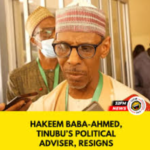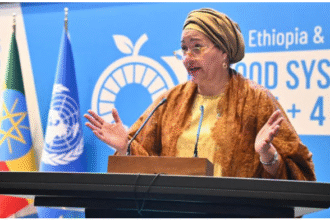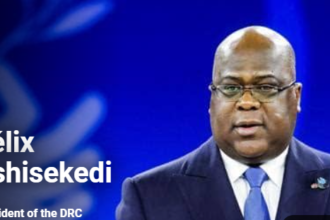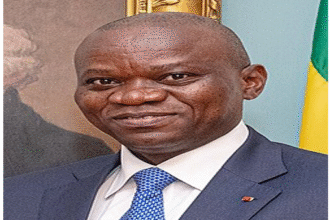By Sara Camera
Ouagadougou, Burkina Faso – In a bold statement challenging conventional wisdom, Burkina Faso’s President, Captain Ibrahim Traoré, declared that his country is undergoing a “popular, progressive revolution” and explicitly stated that it is not operating under a democratic system. Traoré made the remarks during a flag-raising ceremony last week at the Koulouba Palace, as reported by Burkina24.
“If we have to say it loud and clear here, we are not in a democracy, we are in a popular, progressive revolution,” Traoré stated. He further asserted that the concept of unbridled freedom of speech and action leads to societal disorder, implying a need for a more controlled environment during this period of transformation.
The 37-year-old leader, who assumed office in September 2022 following a coup that ousted interim President Paul-Henri Damiba, went on to directly criticize the widely held belief that democracy is a prerequisite for national development. He argued that it is “false” to believe any nation has truly prospered under democratic rule. “It is impossible to name a country that has developed in democracy. Democracy is only the result,” he declared.
Traoré’s comments signal a significant departure from the Western-centric model of governance often promoted as a path to prosperity. His administration, he emphasized, will prioritize communication and education, aiming to clarify the meaning and purpose of the ongoing revolution to the Burkinabé people.
This announcement comes amidst other notable decisions made by the President. Recently, Traoré reportedly rejected an offer from Saudi Arabia to build 200 mosques in Burkina Faso. Instead, he urged the Islamic country to invest in essential infrastructure projects that would directly benefit the population. This decision highlights the President’s focus on addressing the immediate needs of his people and prioritizing tangible development over religious infrastructure.
Traoré’s statements and actions raise questions about the future of governance in Burkina Faso and the potential implications for the broader West African region. His rejection of traditional democratic norms and focus on a “popular, progressive revolution” represent a significant shift and will undoubtedly be closely watched by both domestic and international observers.









